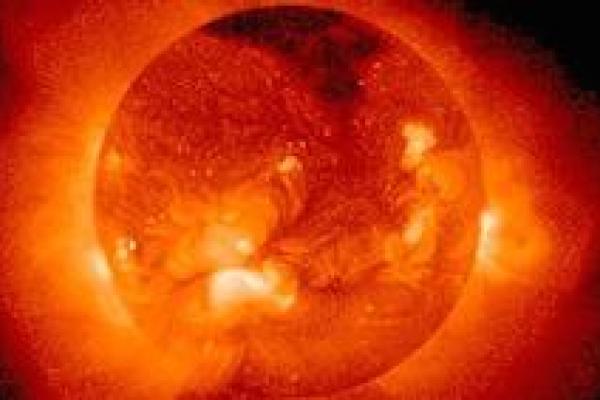Article


Dodging Doppler: Atomic clocks and laser cooling
Atomic clocks are the best time keepers, but need to be kept incredibly cold. Paradoxically, the cooling is achieved by shining light on them.
